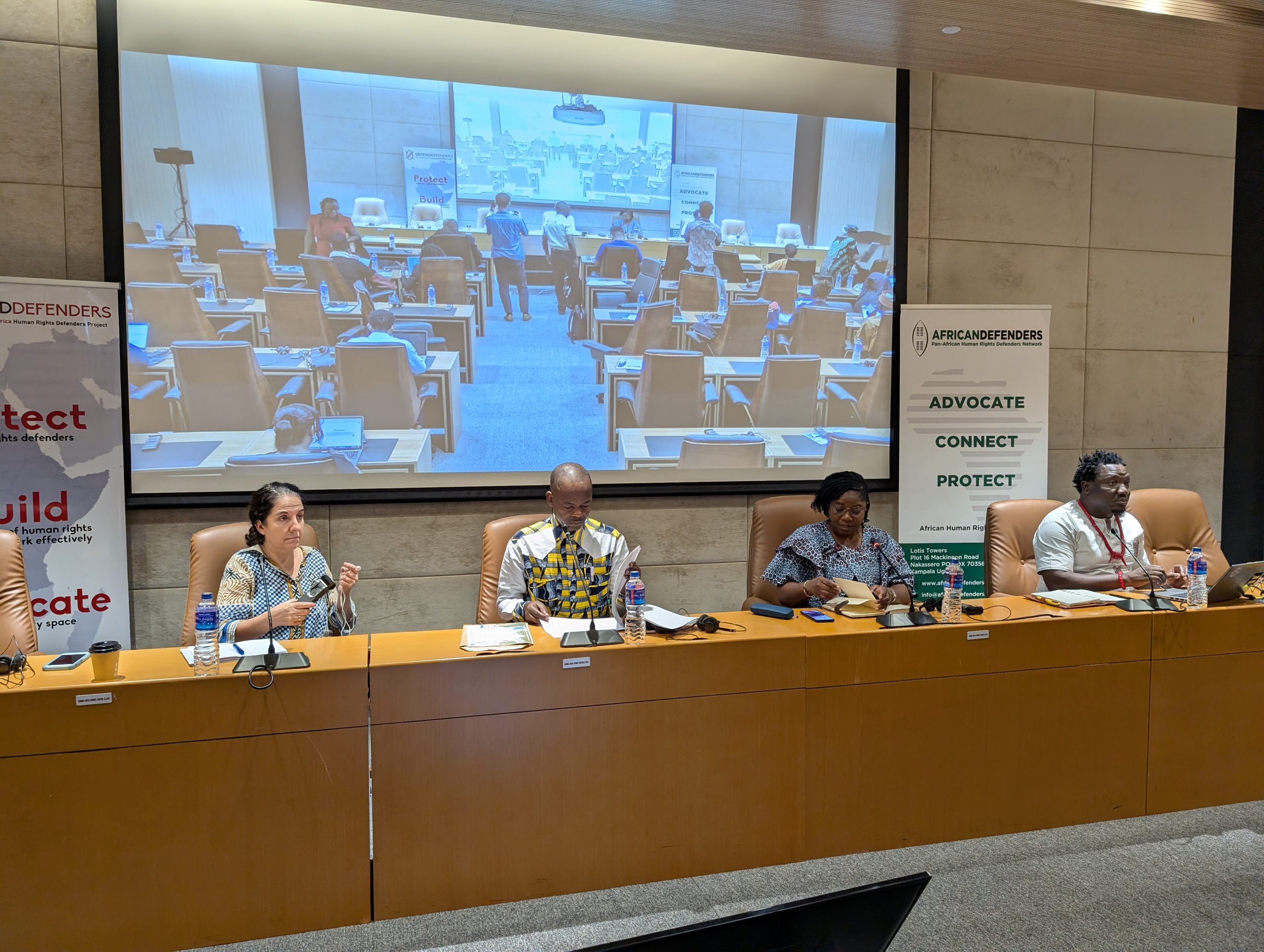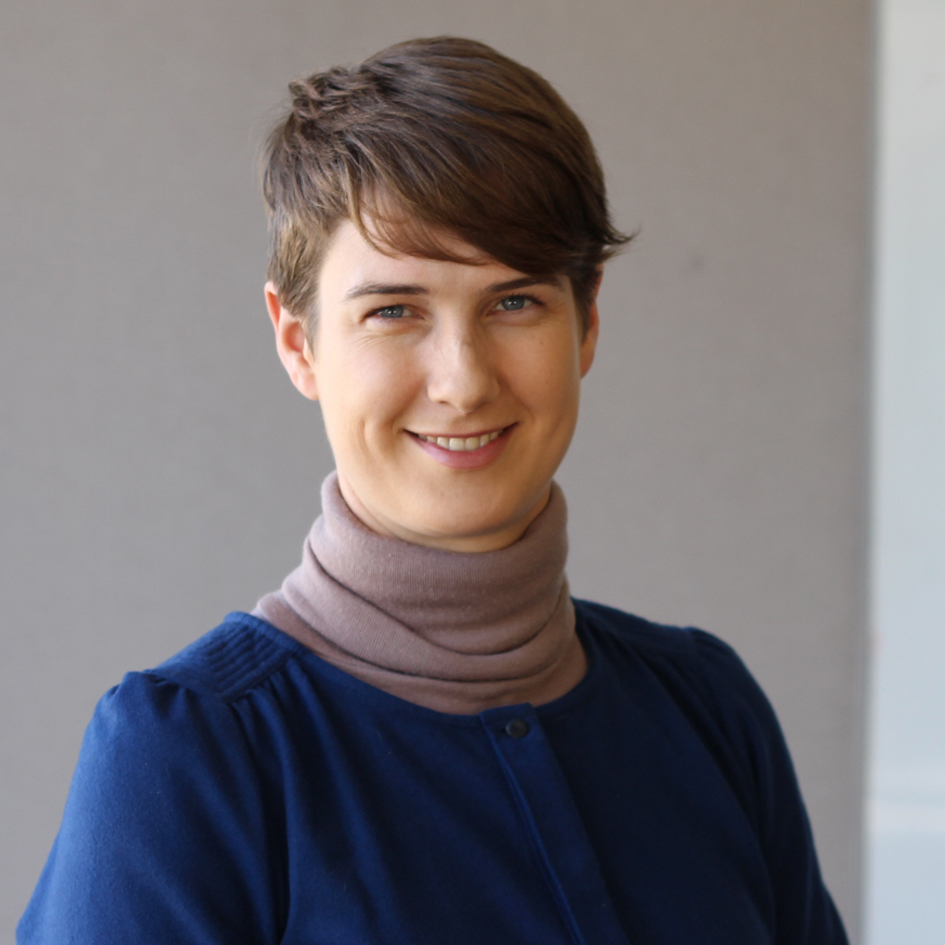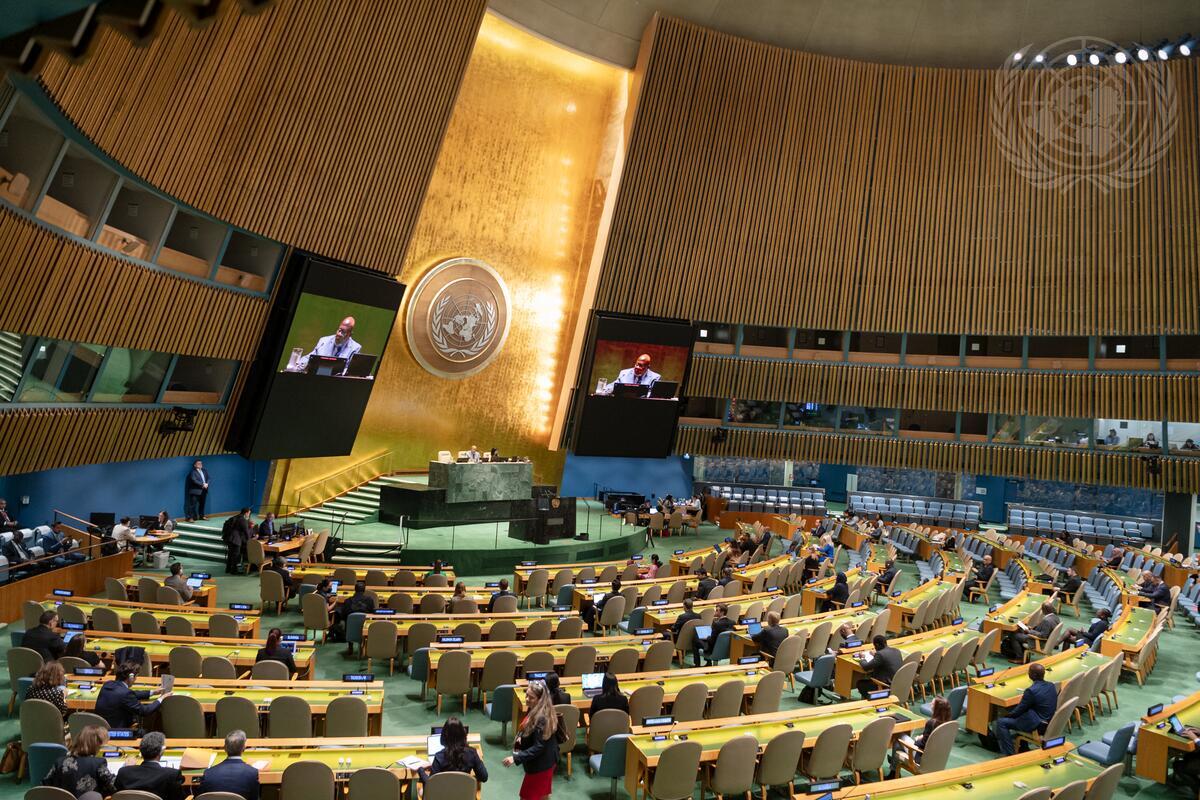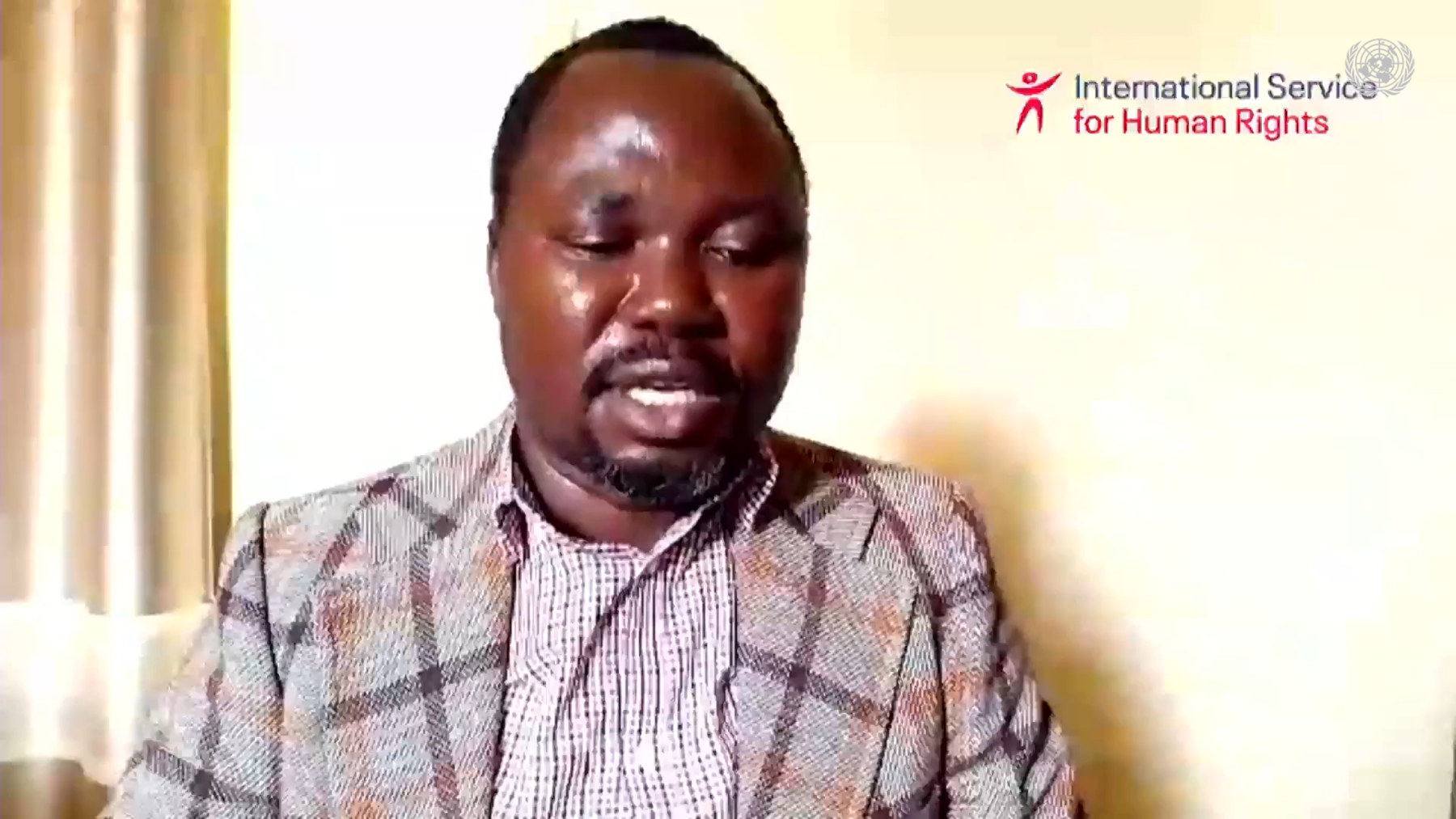The recent strong stand taken by UN agencies for LGBTI people should be matched with renewed efforts by States to tackle the violence they suffer, writes Anna Brown.
Recently I learned that a friend of mine, a transgender activist in Malaysia, had been attacked with an iron rod by two men while she was on her way to work. Nisha sustained serious physical injuries and now lives with psychological scars that run much deeper. The attack was a crime of intimidation against a well known and fearless advocate for the rights of transgender women, preventing her from traveling to Geneva to advocate at the UN Human Rights Council as planned. Nisha Ayub lives in a country where cross-dressing is unlawful and where discrimination against lesbian, gay, bisexual, transgender and intersex (LGBTI) people is pervasive. Her very existence is a threat to those who wield political power and her advocacy and support for trans women and sex workers challenges conservative social views.
Sadly, the vicious attack against Nisha is but one example of the vulnerability of LGBTI people to violence and abuse – particularly those who dare to speak out for the marginalized. All people have an equal right to live free from violence, persecution, discrimination and stigma. Yet, there continue to be disturbing trends of systematic, ongoing and widespread violence and discrimination against LGBTI people throughout the world and against those who advocate for their rights – including murder, assault, kidnapping, rape, sexual violence, torture and ill-treatment.
This trend is confirmed by the report of the UN Special Rapporteur on the situation of human rights defenders (UN Doc A/70/217), to be presented to the UN General Assembly in October, in which he concludes that LGBTI defenders are among those most exposed and at risk of all defenders. Because of their work and because of their identities and characteristics, LGBTI human rights defenders are exposed to heightened levels of violence, stigmatisation, discrimination, attacks and other human rights violations.
It is critical for states to ensure effective protection and real accountability for attacks against LGBTI persons and defenders, such as Nisha and their associations.
Last week a joint statement to the UN Human Rights Council by international and national NGOs urging such action by States coincided with an unprecedented joint initiative by 12 UN agencies calling on governments around the world to take action to end violence and discrimination against LGBTI people. The statement from UN agencies represents a landmark collaboration and expression of commitment across the institutional diversity of the United Nations. The joint initiative by the UN agencies is a powerful call for States to take action to fulfil their duty to protect LGBTI persons, and those advocating for them.
States have a duty to promote and protect all human rights and fundamental freedoms. States should repeal restrictive laws which are incompatible with international human rights standards, including anti-cross-dressing legislation in Malaysia and legislation criminalising homosexuality in Uganda, and enact legislation to promote and protect equal rights for LGBTI persons and organisations and to ensure respect for their rights to freedom of expression, association and assembly.
Governments must also take steps to curb violence and protect individuals from discrimination. This should include measures to improve the investigation and reporting of hate crimes, torture and ill-treatment, to prohibit discrimination, and to review and repeal all laws used to arrest, punish or discriminate against people on the basis of their sexual orientation, gender identity or gender expression, just to name a few. All too frequently, authorities fail to properly investigate crimes such as those against Nisha, even if victims have the confidence to make a complaint. As the statement by the UN agencies makes clear, this leads to widespread impunity and lack of justice, remedies and support for victims.
However, we can take heart from the positive progress in many parts of the world. In Australia there has been legislation introduced to a number of states to erase or ‘expunge’ historic convictions for consensual homosexual conduct. Recently in Ireland reforms have ensured that transgender people have access to birth certificates on the basis of their own declaration rather than requiring stigmatising and invasive medical procedures. Improved responses to LGBTI hate crime, including training of law enforcement officials and specific specialist taskforces or prosecuting teams dedicated to tackling bias-motivated violence have been introduced in countries such as in Spain, Honduras and South Africa.
And last month also saw a first ever gathering of experts and intersex activists to identify steps that States and others can take to end abuses against intersex people, such as forced sterilisation and other unnecessary and irreversible surgery. These abuses occur, in the words of UN High Commissioner for Human Rights Zeid Ra’ad Al Hussein in his opening address to the 30th session of the Human Rights Council, simply because ‘their bodies don’t comply with typical definitions of male or female’. The increased attention to and awareness of intersex rights at an international level will hopefully spur greater action by States, such as the steps taken by Malta to regulate surgeries and medical treatment on intersex infants and children.
It is deplorable that, 22 years on from the adoption of the Vienna Declaration affirming the universality of human rights, people continue to suffer systemic discrimination, violence and persecution simply as a result of their sexual orientation, gender identity or intersex status, or because of their work to stand up and speak out for equal rights. Building on the words of former High Commissioner for Human Rights and ISHR Board member, Navi Pillay, in a vision statement at Vienna+20 ‘a huge amount of work remains to be done at the international level to transform human rights from abstract promises to genuine improvement in the daily lives of all people, especially those who are currently marginalized or excluded’. The lives of LGBTI defenders, those most exposed and at risk, need to be protected.
Following her attack, Nisha said that her work as an advocate will never stop until her last breath. We must continue to work so that LGBTI defenders around the world, those most exposed and at risk, can continue their life’s work without fear from harm and reprisals.
Anna Brown is Director of Advocacy with the Human Rights Law Centre, a former ISHR trainee and Co-Convenor of the Victorian Gay and Lesbian Rights Lobby. Follow her on Twitter at @AnnaHRLC.




